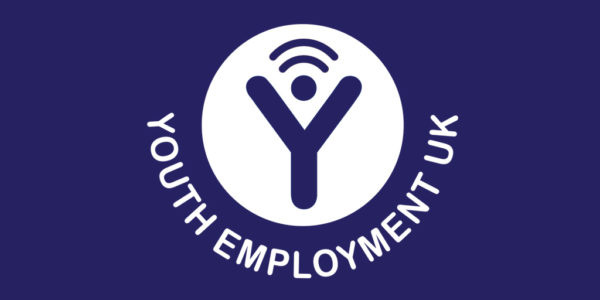Yesterday Prime Minister Rishi Sunak announced the next General election will take place on 4th July 2024. The next two days will be dedicated to a ‘wash-up’ where the government finalises non-contentious legislation and parliament will be dissolved on 30th May. We are about to see a period of crucial campaigning which will undeniably influence the position of many voters, including young people, many of whom will be voting for the first time.
As candidates take to the streets and the political parties shore up their pledges we alongside many third sector organisations will be pressing home the issues we want to see high on their respective agendas. For Youth Employment UK of course prioritising young people and quality work is front and center to our ask. The number of young people not in education, employment or training (NEET) is at the highest level in nearly a decade and we understand the very real impact that youth unemployment has on those individuals it affects but also the wider economy and productivity levels.
Youth unemployment is deeply complex, and in the last 4 years has become more complex than ever with the impact of Covid, a mental health and cost of living crisis still bearing out. It is why politicians need to listen to young people, their individual experiences and challenges need to be understood before we can really build a country and systems that work for all young people, everywhere.
In the last few weeks alone we have witnessed the publication of some shocking statistics:
- In the last year, the number of young people who are economically inactive, those who are not looking for or not available to work have risen by nearly 100,000.
- The rate of children being suspended and persistently absent from school is rapidly increasing. There were 511,270 suspensions for the autumn and spring terms alone in 2022/2023. For the academic year 2023/24 DfE have highlighted a fifth of all pupils have been persistently absent, i.e. they have missed 10% or more of their sessions.
- There are approximately 1.4 million children and young people (aged 8-17 years) with a mental health condition in England.
- In comparison to 2020/21, 900,000 more people are living in absolute poverty, 400,000 of them children
Current systems are not working for young people, while these statistics exemplify the severity of the problem, if we do not see change now, these trends will not be reversed and we will witness many young people who are unjustly not given an opportunity to flourish, impacting their life chances and also our country’s future economic success.
Therefore, Youth Employment UK wants to see a government that:
- Truly puts young people at the forefront of youth employment policy, listening to, amplifying and acting with and for young people. The Youth Voice Census is the largest dataset of its kind that captures how young people in the UK feel about life, study, work and their general prospects. It provides essential insight on the barriers and challenges young
people face on their journey to employment. By understanding who young people are and where they are at, policy can be made for those who need its support the most. - Create an education and skills system that unites curriculum, vocational training, enrichment and careers policy to prepare all young people for their next steps. The young person’s entitlement provides a clear set of principles that will help to ensure the education system meets the needs of all young people, where young people feel inspired and ready for their future employment opportunities. The entitlement ensures there are clear pathways at every level, to develop young people’s knowledge and skills and support their transition into their next steps.
- Deliver a Young Person’s Guarantee that ensures a long term strategy to tackle youth unemployment and ensure no young person is left behind. In 2023 the Youth Employment Group set out a clear plan for tackling youth unemployment in the form of the Young Person’s Guarantee, the guarantee ensures early intervention and support for young people at risk of and those who do become NEET.
- Recognise the Good Youth Employment Standards and drive the creation of quality opportunities for all. The Good Youth Employment Benchmark along with support from Youth Employment UK’s Membership provides employers with robust, evidence based advice and guidance on how to support young people, particularly those with additional and sometimes complex needs into good quality opportunities.
We believe that a government who is dedicated to these principles will be a government that is ready to turn the tide on youth unemployment. It is time for a leadership commitment to preparing young people for a good future in the UK and this is the bold ambition we want to help the next government achieve.





